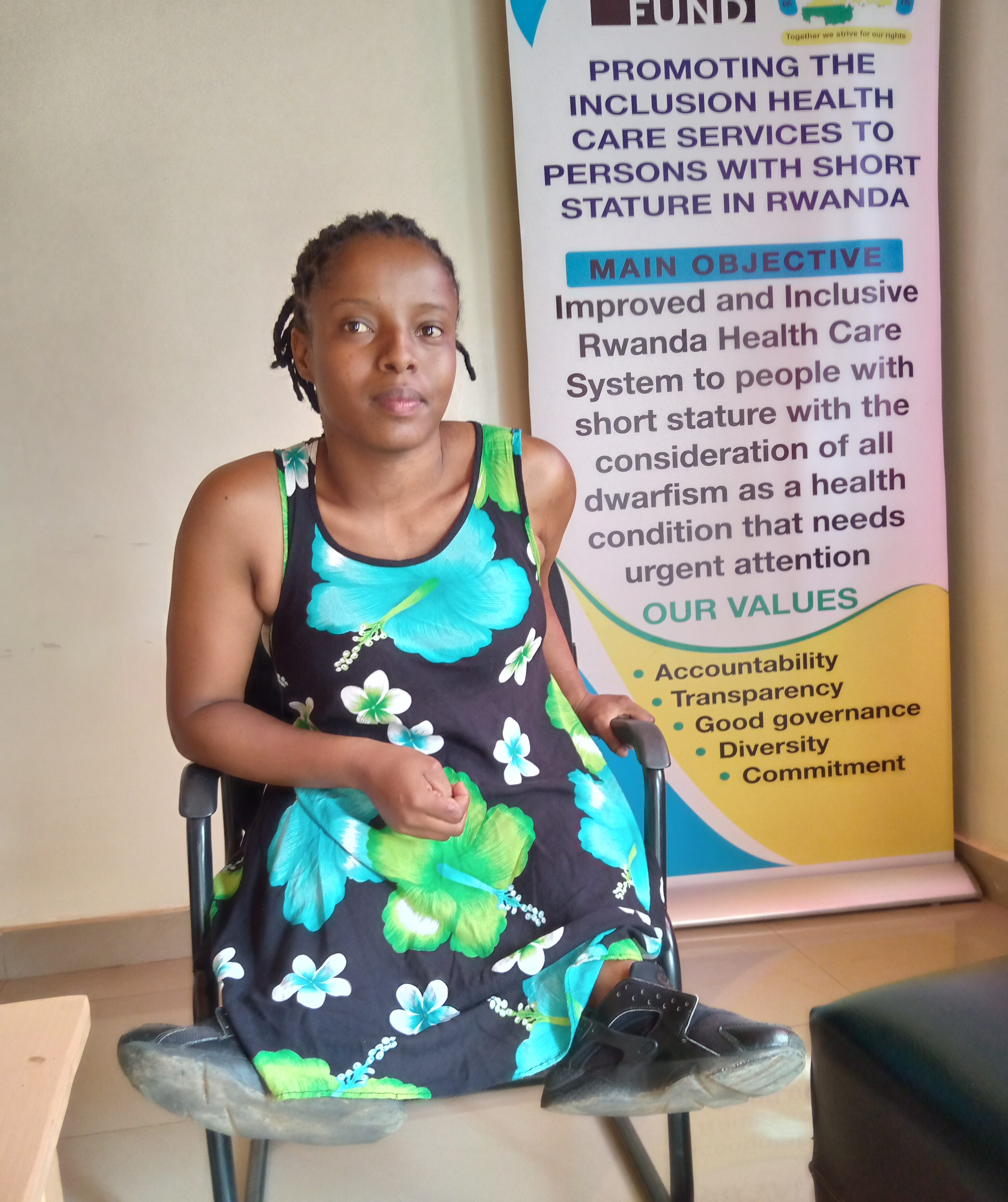
News
Work for All
Play audio version
Rwanda Supports Disabled Youth in Achieving Career Goals
September 1, 2024
KIGALI, Rwanda – Japheth Habimana, a young man with short stature (also known as dwarfism), grew up dreaming of becoming a professional farmer, cultivating crops, raising livestock, and contributing to the agricultural prosperity of his community. Despite his determination and passion for farming, he encountered countless obstacles along the way.
Farming tools and equipment, for instance, were often designed without consideration of people with disabilities, which made it difficult for Habimana to fully participate in farming activities.
Habimana also worried that his dream would be met with negative societal perceptions of disability. “One of the biggest challenges was the prevailing belief that individuals with disabilities … were incapable of engaging in labor-intensive work,” he says. “People would look at me and see limitations instead of potential, barriers instead of possibilities.”
Start of the Disability Rights Movement
The 1994 genocide left Rwanda with a large number of people with disabilities, both as a result of war injuries and psychological trauma. The sheer scale of the tragedy led to a rethinking of social policies, including those affecting people with disabilities. The Rwandan government, under President Paul Kagame, focused on rebuilding the nation. Disability rights began to gain attention as part of the broader human rights agenda. However, the initial focus was on basic survival and reconstruction, with disability rights developing gradually over time.
In 2008, the country ratified the United Nations Convention on the Rights of Persons with Disabilities (UNCRPD), which provides a comprehensive international framework for the rights of persons with disabilities. As a State Party to the Convention, Rwanda is obligated to eliminate discrimination, promote accessibility, and guarantee equal opportunities for people with disabilities in all areas of life, including education, employment, healthcare, and political participation. Additionally, it must submit periodic reports to the UN Committee on the Rights of Persons with Disabilities, detailing the progress made in implementing the Convention.
Despite this progress, Rwandan youth with disabilities continue to face significant barriers to accessing work here. These barriers include discrimination, lack of accessibility, limited educational and training opportunities, inadequate support services, and negative attitudes toward people with disabilities in the workplace. An analysis conducted in 2021 by the United Nations Development Programme (UNDP) revealed that Rwandans with disabilities still face major challenges in terms of access to health, education, and employment. Their overall unemployment rate is 44 percent compared to 25 percent of people without disabilities.
Action Taken
To address the barriers, the National Union of Disability Organizations in Rwanda (NUDOR) and Rwanda’s government launched the We Can Work program to support youth with disabilities in accessing work and job opportunities. The program will provide young Rwandans with tailored education and training programs to equip them with the skills, knowledge, and qualifications needed for employment.
The program, which is supported by the nonprofit Light for the World and the Mastercard Foundation, will be implemented in the seven African countries of Rwanda, Uganda, Kenya, Ethiopia, Ghana, Nigeria, and Senegal. It aims to serve 30 million youths with disabilities by 2030.
In Rwanda, the We Can Work program is running a pilot session in three urban districts and one rural district this year. The program will help 100 young people with disabilities who either did not have a chance to go to school, dropped out of school, or completed high school or university but are not employed.
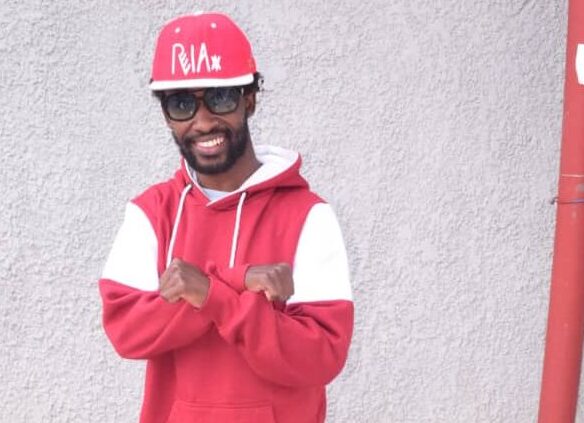
The program will provide these youths with both hard and soft skills. Based on their interests, they will receive vocational training to prepare them for a career as well as leadership and management responsibilities. We Can Work will team up with local governments, nonprofits, media outlets, radio stations, entrepreneurship hubs, and more. “We will help [youths] reach their dreams like [becoming] a chef, professional tailor, cultivator, [or] local leader,” says Jaqueline Turyashemererwa, the We Can Work program manager at NUDOR.
Impacts of the Program
By providing training and connections to the workforce, the program will help young Rwandans with disabilities secure jobs, with the ultimate goal of alleviating poverty. “The program is about economic empowerment and independence,” says Jean Damascene Nsengiyumva, the executive secretary of NUDOR.
In addition to supporting youth with disabilities, the program will enrich workplaces and strengthen communities and the economy as a whole. By reducing reliance on social welfare programs, We Can Work can help optimize government resources. Moreover, these young people bring unique perspectives and talents that can benefit society.
The program requires a collaborative effort among governments, businesses, advocacy groups, and communities to remove barriers to employment and create supportive workplace environments where everyone has the opportunity to thrive.“The program is crucial not only for [youths’] individual well-being but also for building a more inclusive and equitable society,” Nsengiyumva says.
Through this program, NUDOR also will advocate for policy changes and raise awareness about the rights, needs, and contributions of youth with disabilities in the workforce. The program will promote inclusive hiring practices, diversity initiatives, and anti-discrimination policies among employers, policymakers, and the broader community. “As NUDOR, we really see that the program will be fruitful firstly to our youth with disabilities of today and in the future,” says Nsengiyumva.
Renewed Hope Among Youth with Disabilities
Young Rwandans with disabilities who are joining We Can Work feel hopeful that the program will create positive change. While Japheth Habimana initially felt deeply disappointed and frustrated when he failed to achieve his dream of becoming a professional farmer, the We Can Work program has brought a renewed sense of hope and confidence.
“This opportunity ignited my determination and motivation to succeed in a new career path,” he says. “Overall, the structured support of the program [has] provided me with relief and comfort, transforming my outlook from one of despair to one of optimism and purpose.”
The program has also helped Alliance Ukwishaka, a young woman with short stature, feel more confident in her future. After finishing secondary school, Ukwishaka was unable to find work. She dreamed of owning a hair salon, but society’s negative attitudes toward people with disabilities created barriers, including financial ones.
The We Can Work program is “a chance from heaven to gain skills, independence, and access to meaningful employment opportunities that were previously inaccessible to us,” says Ukwishaka. “We have been neglected in different institutions. It will help us recognize and show our own abilities and potential, rather than focusing solely on limitations.”
Omar Mutabazi, a young man with a physical disability, produces videos, multimedia projects, and photography. He says many networking events, workshops, or industry gatherings that are crucial for career growth are not accessible.
“It is not easy as a [person who is] physically disabled, but … it’s my passion. Today, I may not be at the level I wish to be at, but through this program, I hope to increase the knowledge and income in terms of money that may lead to having my own equipped studio,” Mutabazi says.
He sees the program as an opportunity to connect with like-minded people. “I take it as a good channel of connecting with peers who share similar experiences and challenges, [which] can be incredibly valuable [and can offer] a space for mutual encouragement and understanding,” he says.
Baslissa Uwishyaka, a young woman with short stature who lives and works in the city of Kigali, also runs her own business. Uwishyaka, who did not have a chance to complete high school, sells women’s clothing and has dreamed of owning her own store and expanding her business. “I really hope that through this program, I will gain more knowledge [to] increase my productivity,” she says.
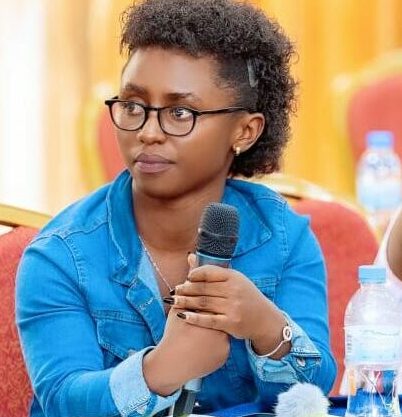
Uwishyaka also sees this as an opportunity to surround herself with people who can help her achieve her dreams. “I also hope to connect with different persons who can offer encouragement, advice, and any other support to improve my working condition,” she says. “We are very happy [about] this program because it will give us power to develop a greater sense of confidence in our abilities and feel more prepared to enter the workforce.”
Impacting 30 Million Disabled African Youth
To meet the program’s goal of impacting 30 million young people with disabilities across the seven African target countries, the We Can Work program will be continuously monitored and evaluated to measure its effectiveness and identify areas for improvement. Data on employment outcomes, participant satisfaction, and employer feedback will inform decision-making and ensure accountability.
Nsengiyumva says that regardless of the community’s attitudes toward the ability of people with disabilities, there is a hope that We Can Work will make a difference. Engaging employers and businesses in this program will help create job opportunities and foster inclusive workplaces for years to come. “At the top of that, our youths with disabilities are seriously willing to participate,” he says. Mutabazi plans to use what he learns in the We Can Work program to encourage other youths with disabilities who think that working is not their concern. He aims to help change that mentality. “Your journey can inspire and motivate those around you,” he says. “So, keep pushing forward, keep striving for your best, and remember that your efforts are valuable because being disabled is totally different from being unable.”
Francine Uwayisaba is a contributing writer with the Disability Justice Project and a field officer at Rwanda Union of Little People (RULP). At RULP, she is in charge of the organization’s communications. She writes grants, manages RULP’s social media, and composes articles and weekly updates for the website.
Editing and reporting assistance by Michaela Quigley and Jody Santos
News From the Global Frontlines of Disability Justice
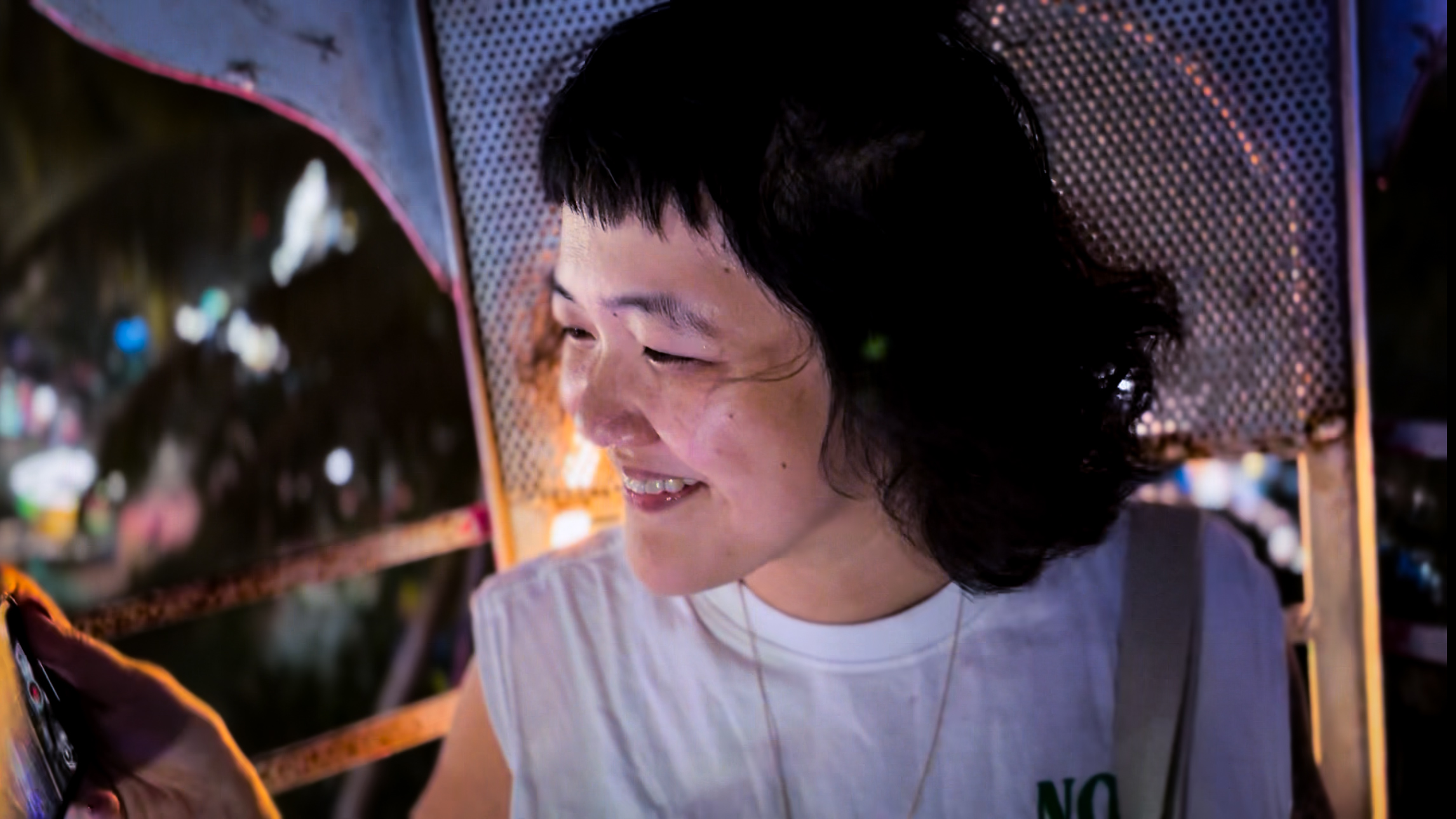
Autism, Reframed
Late in life, Malaysian filmmaker Beatrice Leong learned she was autistic and began reckoning with decades of misdiagnosis, harm, and erasure. What started as interviews with other late-diagnosed women became a decision to tell her own story, on her own terms. In The Myth of Monsters, Leong reframes autism through lived experience, using filmmaking as an act of self-definition and political refusal.
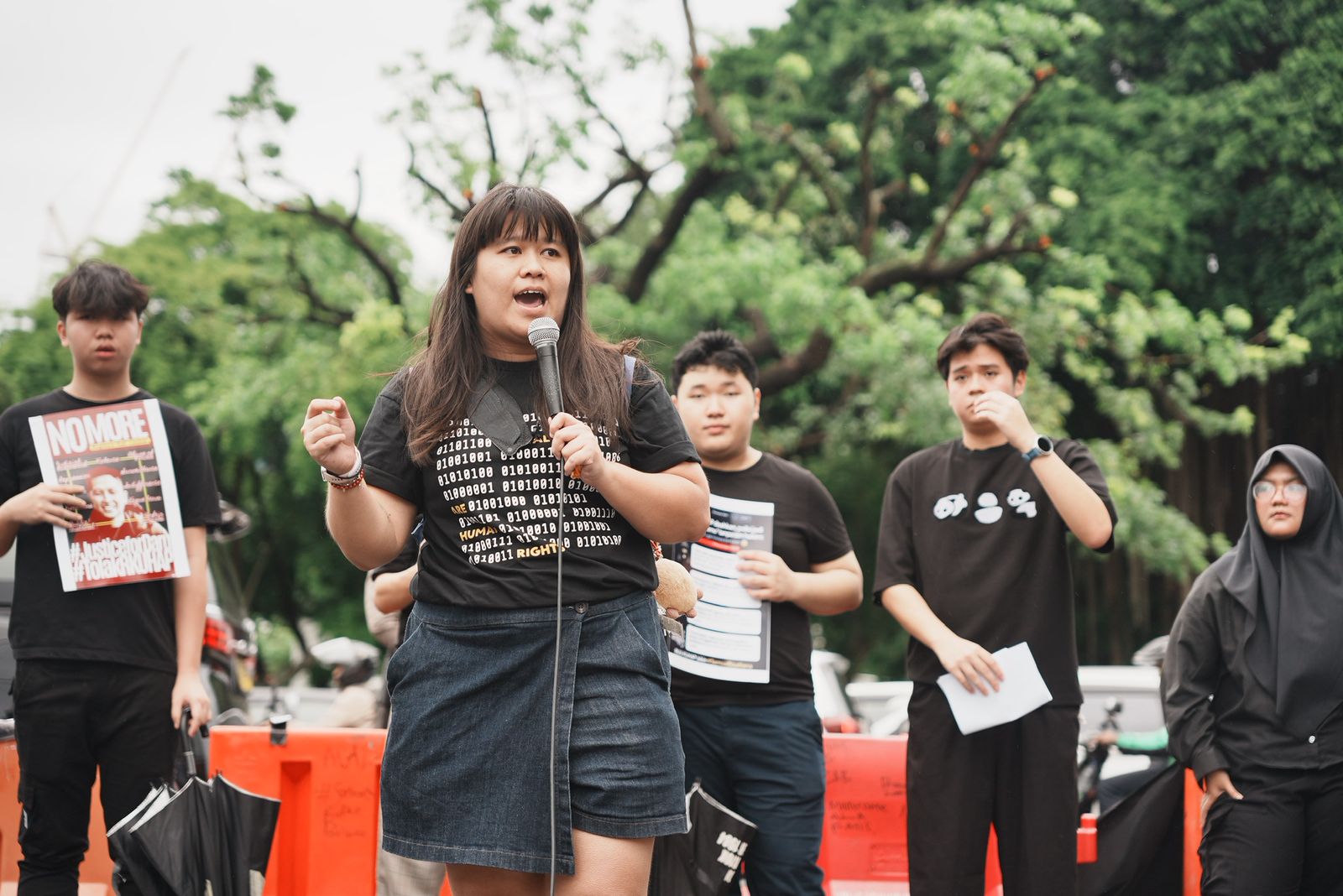
Disability and Due Process
As Indonesia overhauls its criminal code, disability rights advocates say long-standing barriers are being reinforced rather than removed. Nena Hutahaean, a lawyer and activist, warns the new code treats disability through a charitable lens rather than as a matter of rights. “Persons with disabilities aren’t supported to be independent and empowered,” she says. “… They’re considered incapable.”

Disability in a Time of War
Ukraine’s long-standing system of institutionalizing children with disabilities has only worsened under the pressures of war. While some facilities received funding to rebuild, children with the highest support needs were left in overcrowded, understaffed institutions where neglect deepened as the conflict escalated. “The war brought incredibly immediate, visceral dangers for this population,” says DRI’s Eric Rosenthal. “Once the war hit, they were immediately left behind.”
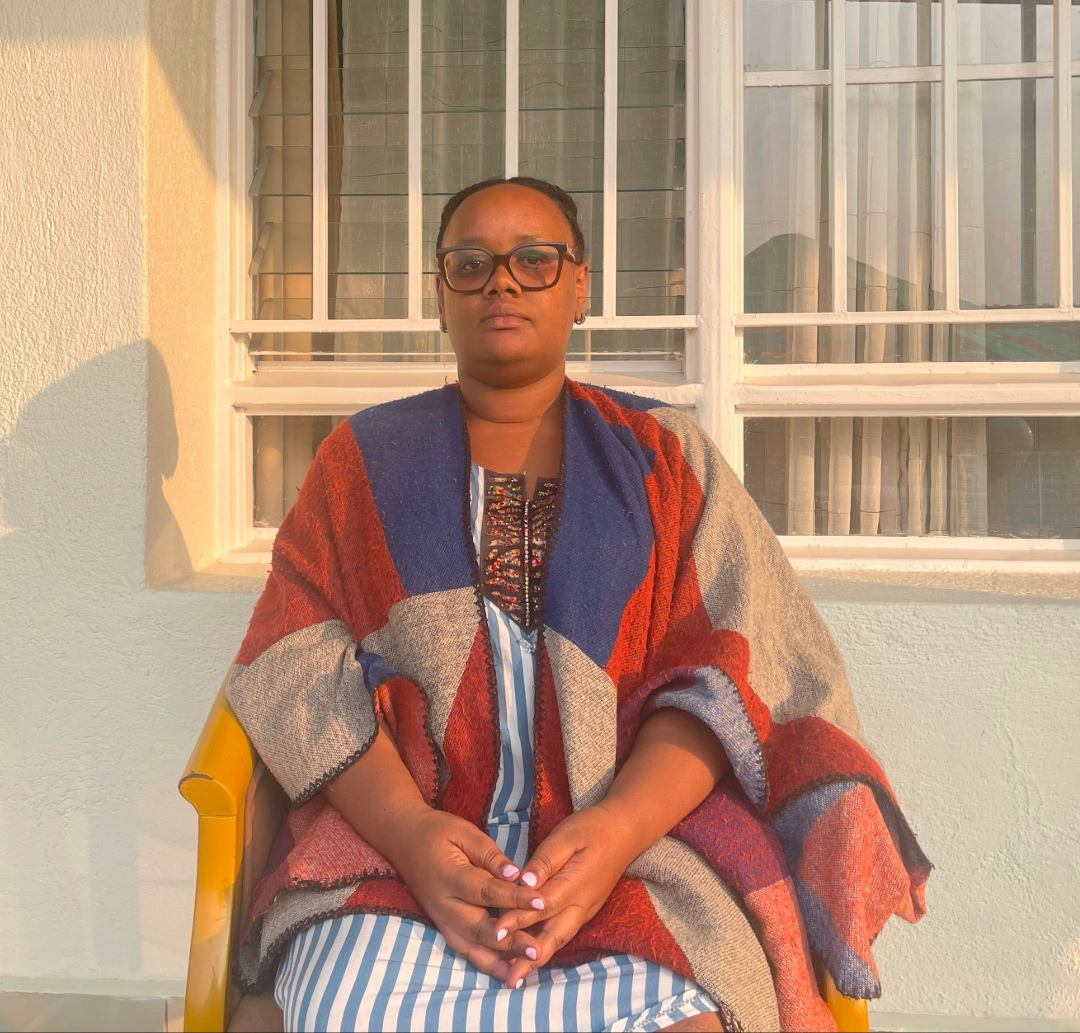
The Language Gap
More than a year after the launch of Rwanda’s Sign Language Dictionary, Deaf communities are still waiting for the government to make it official. Without Cabinet recognition, communication in classrooms, hospitals, and courts remains inconsistent. “In the hospital, we still write down symptoms or point to pictures,” says Jannat Umuhoza. “If doctors used sign language from the dictionary, I would feel safe and understood.”
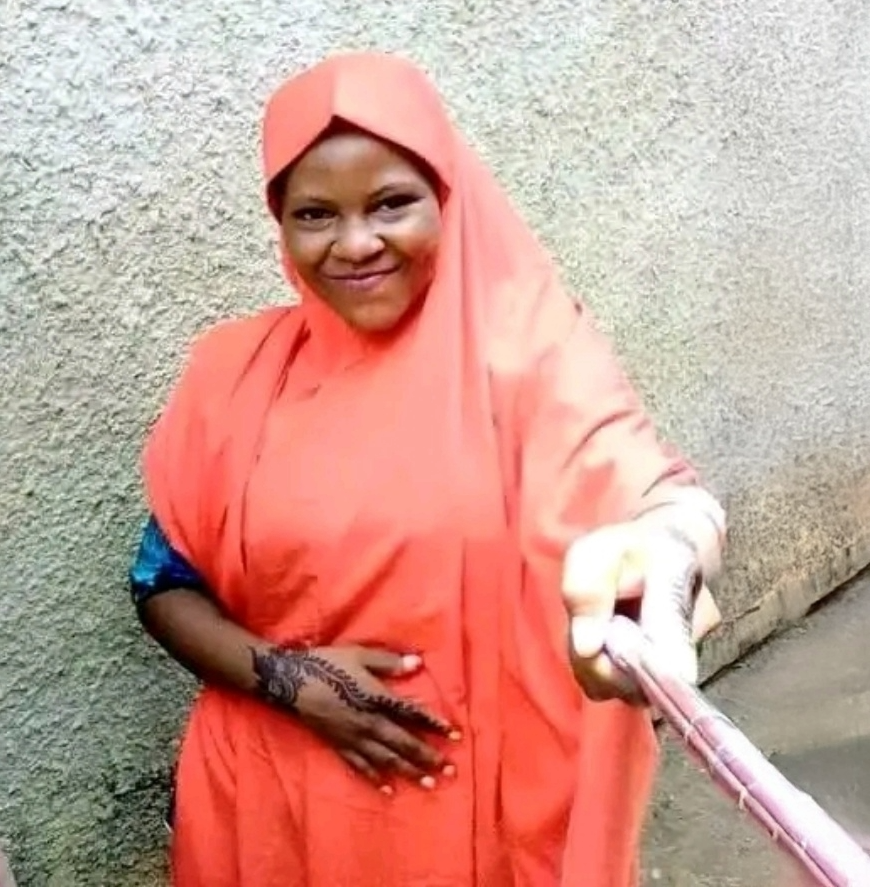
Failure to Inform
Zulaihatu Abdullahi dreamed of finishing school and building a home of her own. But at 19, she died of untreated kidney disease because no one could communicate with her in sign language. Her story reveals how Deaf Nigerian women are often left without lifesaving care. “If only she had access to healthcare where someone could guide her… explain each step, she might still be here,” says Hellen Beyioku-Alase, founder and president of the Deaf Women Aloud Initiative.
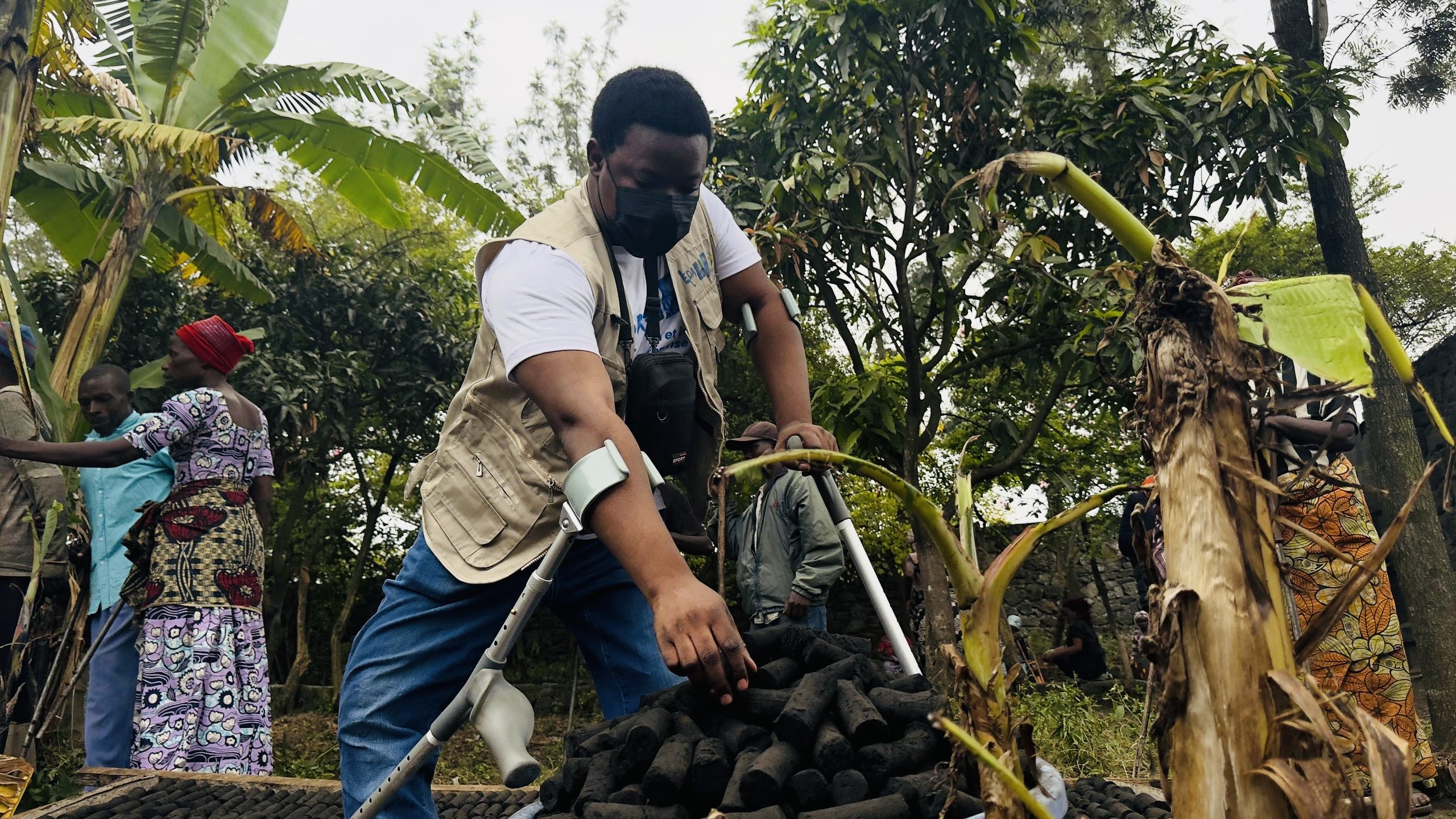
Disability in the Crossfire
In Goma, Democratic Republic of Congo, ongoing conflict and forced displacement have hit people with disabilities hardest. Rebel groups seized supplies from a clean cooking initiative designed to support displaced people with disabilities, leaving many trapped without aid. “It is still a big difficulty for authorities or government or humanitarian organizations to make a good decision which includes everyone,” says Sylvain Obedi of Enable the Disable Action.